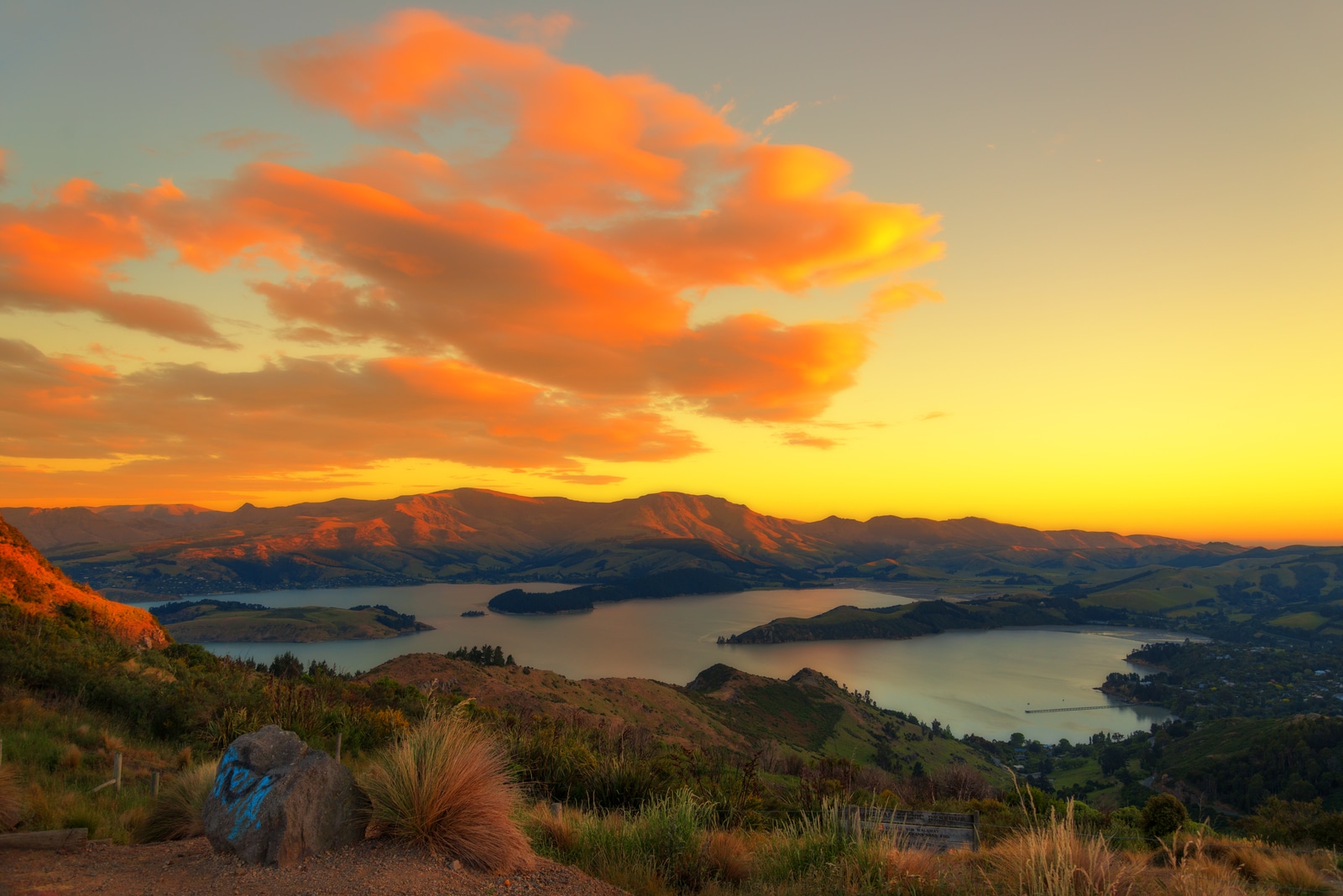Launched in 2019, The Aotearoa Circle is a non-governmental organisation (NGO) co-founded by environmental entrepreneur Sir Rob Fenwick, Sir Jonathon Porritt and then Secretary for the Environment, Vicky Robertson.
A group of leaders working together, determined to restore Aotearoa New Zealand’s natural capital, The Aotearoa Circle combines the collective powers of the public and private sector to solve some of the more ambitious environmental problems the country is facing, in pursuit of the shared future prosperity of Aotearoa New Zealand – and New Zealanders.
PwC New Zealand has been an active member of The Aotearoa Circle since its launch, partnering with the group to deliver a number of pieces of work that we believe seek to drive positive change in Aotearoa New Zealand.
Over FY24, members of our team completed the Energy Sector Climate Change Scenarios Report, which was launched in June 2024. The Report was the output of a process that convened leaders from across the energy sector to develop a set of climate change scenarios, providing visibility to the potential impacts of climate change across the sector’s value chain, and creating a comparable and consistent basis for further risk assessments and scenario analysis.
Through The Aotearoa Circle, PwC New Zealand has also developed a tailored, 8-month-long programme, designed to upskill Aotearoa New Zealand organisations around the Task Force on Nature-related Financial Disclosures (TNFD)’s global framework that looks at nature risk, impact and dependencies.
The programme has been developed and delivered to support the application of TNFD in Aotearoa New Zealand through a collaborative process inclusive of te ao Māori (the Māori world). Eighteen of Aotearoa New Zealand’s largest companies have successfully completed the programme.


































